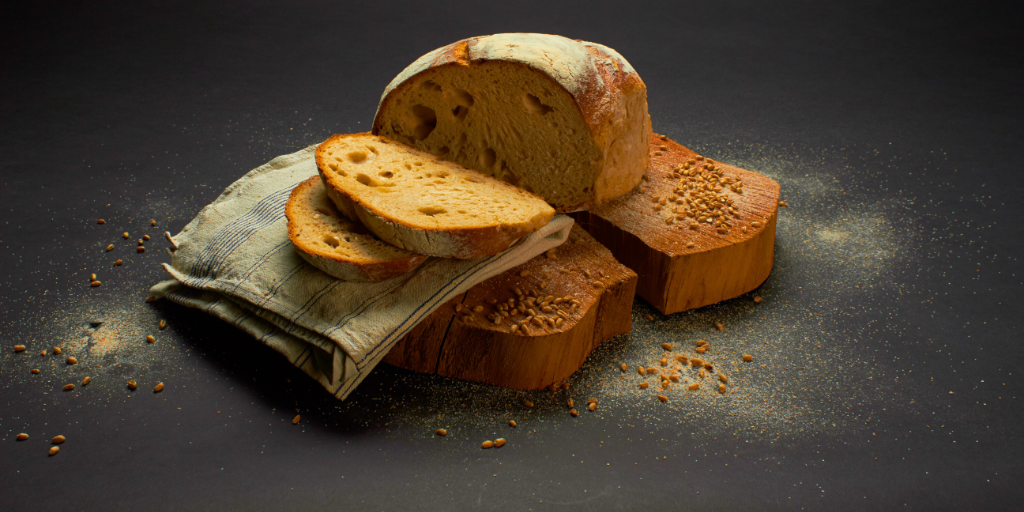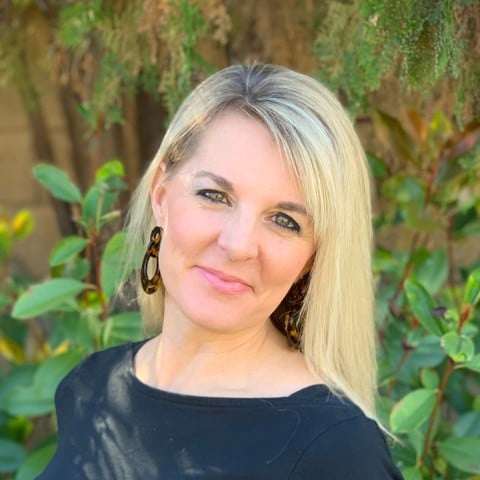
Feeling as if there's never enough time in the day, Claire Dwyer is reminded how to pray for what she needs.
My friend and I were supposed to be strategizing, but we found ourselves commiserating.
Working wives and moms of many, we had, in the past, diligently organized our little blocks of time. On paper, everything lined up in tiny, tidy squares. A time for this, a time for that. In our planners, it was perfect. It was prioritized. It was pretty.
But somehow, real life didn’t cooperate with our carefully laid plans. Imagine that.
Squares for one activity spilled over into squares for another. Slots for this appointment slid over into slots for another, and spaces for one thing ran wild over into spaces far down the page. Before long, it was a cascade of undone and underdone. Planners were pushed aside as we plowed ahead, just trying to meet needs as they rushed towards us in what felt like a constant stream of urgency.

It all seemed very messy. We wondered if we were failing miserably.
We were tempted to be frustrated that while we tried hard to make the most of each minute, it so often felt futile. The schedule just couldn’t seem to sit still or stay put—it was like a squirmy toddler, slipping out of our grasp.
I had a picture pop into my mind as we talked. It was an image of myself with a little plate of bread and fish. I was waving my hands over it, trying to multiply the morsels magically. “Tell me what to do, God,” I called over my shoulder. “Tell me how to do this! I’ll take care of the miracle.”

I instantly understood.
I was trying, in a fallen, unpredictable world prone to chaos and disorder, to work a miracle with my calendar. I was trying to box in time and master it, multiply my productivity. I wanted to end the day with tidy rows of basketfuls of time and energy left over. I thought there must be something terribly wrong with me that it wasn’t happening.
Are you finished yet?
The Lord waited expectantly.
In my imagination, I stopped waving my hands around and handed Him the little plate. It represented my calendar, my planner, my time.
He accepted it, blessed it, and handed it back. On the plate were the same little bits of loaves and fish.
That’s when I realized.
It was enough.
It had always been enough.
It had not always been pretty. It hadn’t always been orderly. I couldn’t capture it on paper or planners and I couldn’t make it do what I wanted. But it had been enough.
There had been time — moments opening up here and there, minutes, and often, hours—suddenly appearing out of nowhere. Things that didn’t get done that never actually needed to be done. Someone blessing me with their gifts—making my life easier just when I needed it. Events canceled, a daughter offering to make dinner, a husband heading out to pick up kids. A job that got done quicker than expected. A quiet morning of catching up.

For every overrun hour, there was often another that seemed to expand. And in the end, we were all ok. Not perfect. Not pretty. But we were ok. It all always worked out somehow.
Moreover, as much as I wanted it all to be perfectly planned and structured, I seemed to have been given a gift to make the most of spare, messy minutes however they came.
Maybe that was the real miracle. Maybe I had just been blind to it.
I meditated further that when we pray the Our Father, we ask for daily bread. This is what Jesus Himself taught us to pray for. Daily bread. Just enough. Like little flakes of manna that dissolve the moment we try to keep them for later.
I think it has to do with keeping us dependent, expectant, and acutely aware of our own need for the Father and His provision. It keeps us from the illusion that we can orchestrate time as if we were the master of it. Daily bread keeps us fed, but it also keeps our faces tilted upward, waiting and hoping.

Daily bread means knowing that if we are faithful—not perfect, mind you, just faithful—we will receive what we need when we need it.
It does not mean, I am sure, failing to plan or manage time or energy or money or life. Stewardship requires that we try to live well-ordered lives, prioritizing what is most important and caring for what is ours as well as we can. But at best, we manage—never control. For, in the end, even stewardship requires an act of surrender. So we pray, “Order our days according to your peace” because any order we manage to create is only a participation in God’s own.
I find this surrender brings with it astonishing interior freedom. “Living at the hand of the Lord,” in the words of St. Edith Stein, is liberating. It unshackles us from the burden of being what we cannot possibly be and doing what we were never asked to do.

Jesus Christ did not come into the world to give us the grace to do it all, but to liberate us from the illusion that we possibly can. This opens up the hope that God will always provide, and the vision to see that He already, always has—not in color-coded schedules, but in a creative brilliance of unpredictable days as only He can.
Yet day by day You multiply
My feeble ineffectual lot. Pope John Paul II, “Song of the Inexhaustible Sun”)
Share your thoughts with the Catholic Mom community! You'll find the comment box below the author's bio and list of recommended articles.
Copyright 2024 Claire Dwyer
Images: Canva
About the Author

Claire Dwyer
Claire Dwyer is a wife and mom of six. Her book, This Present Paradise, a spiritual journey with St. Elizabeth of the Trinity, is available from Sophia Institute Press. Claire currently works full time as Marketing Manager of the Avila Foundation and shares timeless wisdom for modern Catholic women at EvenTheSparrow.com. Connect with her there!


.png?width=1806&height=731&name=CatholicMom_hcfm_logo1_pos_871c_2728c%20(002).png)
Comments